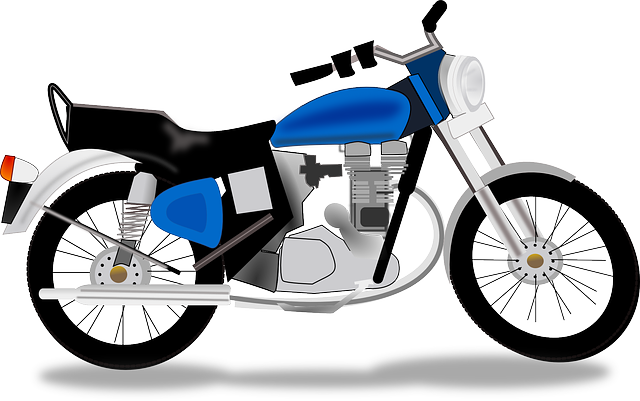Motorcycle accidents are unfortunately common and can be catastrophic. If you’re involved in a motorcycle crash,it’s important to understand how liability and compensation work. This article covers ten key points you need to know about this topic, which will help you navigate the often complex legal and insurance landscape in the aftermath of a motorcycle crash.
Fault Determination
Fault determination is the cornerstone of any accident-related claim. It determines who is responsible for the accident and, hence, who must bear the financial burden of the damages. If you caused the motorcycle crash, your liability insurance is expected to cover the damages. On the other hand, if the other party is at fault, their insurance is generally responsible for your compensation. If the fault is shared or disputed, things can get more complicated. It’s always advisable to obtain a police report and gather any evidence at the accident scene to help establish fault.
Comparative And Contributory Negligence
The laws of comparative and contributory negligence play a significant role in accident claims.
Comparative negligence laws, in effect in many states, allow you to recover damages even if you’re partially at fault for the accident. However, your compensation will be reduced by your percentage of fault. For example, if you’re 30% at fault, you could potentially recover 70% of your total damages.
In contrast, a few states follow contributory negligence laws, wherein if you’re even 1% at fault for the accident, you may be barred from recovering any damages. The application of these laws can dramatically impact your ability to receive compensation.
Insurance Coverage
Your own motorcycle insurance policy can be instrumental in determining your compensation. A comprehensive policy might cover your damages and medical expenses up to the policy limit. Plus, uninsured/underinsured motorist coverage is crucial if the at-fault party doesn’t have enough insurance to cover your damages. Always review your policy details to understand what’s covered and what’s not.
Personal Injury Protection (PIP)
Personal injury protection (PIP) is a type of no-fault insurance coverage available in some states. It can pay for medical expenses, lost wages, and even funeral expenses, regardless of who is at fault in the accident. The application of PIP can vary depending on the insurance policy and the state law.
Motorcycle Helmet Laws
Motorcycle helmet laws vary by state. In some jurisdictions, if you’re involved in a crash and weren’t wearing a helmet—especially whenlaw mandates—it could potentially affect your claim. The at-fault party could argue that your failure to wear a helmet contributed to your injuries, thus attempting to reduce their liability.
Damages
Damages in a motorcycle crash can extend far beyond the immediate damage to your vehicle. They can include current and future medical expenses, lost wages due to time off work, reduced earning capacity, and non-economic damages like pain and suffering. To ensure a fair claim, keep thorough records of all your accident-related expenses.
Legal Representation
Hiring an attorney after a motorcycle crash is often beneficial, especially if you’ve suffered significant injuries or the fault is disputed. An experienced personal injury attorney can guide you through the complex process of negotiating with insurance companies, gathering evidence, proving fault, and potentially going to trial, ensuring you receive the compensation you’re entitled to.
Statute Of Limitations
Every state sets a deadline, known as the statute of limitations, for filing a lawsuit after a motorcycle accident. This period varies widely by state, but it generally ranges from one to six years. Missing this deadline often means forfeiting your right to compensation, so it’s crucial to act promptly and consult an attorney.
Settlement Vs. Trial
A vast majority of motorcycle accident cases are resolved through settlements without going to court. This is usually quicker and less stressful than a trial. However, if a fair settlement can’t be reached, you may need to proceed to trial. A good attorney can help you make this decision, weighing the potential benefits against the time, stress, and expense of a trial.
Impact Of Local Laws
Local laws can significantly influence your motorcycle accident claim. Factors such as fault determination, eligible damages, and compensation amounts can all be shaped by your jurisdiction’s specific laws. These can include laws on lane splitting, mandatory headlight use, passenger restrictions, and caps on certain types of damages. Therefore, it’s critical to consult with a local attorney familiar with motorcycle laws and regulations in your area, as they can guide you through how these stipulations might affect your claim.
Wrapping Up
Navigating the aftermath of a motorcycle accident can be complex and stressful. However, understanding the aspects of liability and compensation can help ensure you are prepared and can advocate effectively for your rights and interests. Always seek legal advice from a professional who understands the specific laws and regulations in your jurisdiction.




